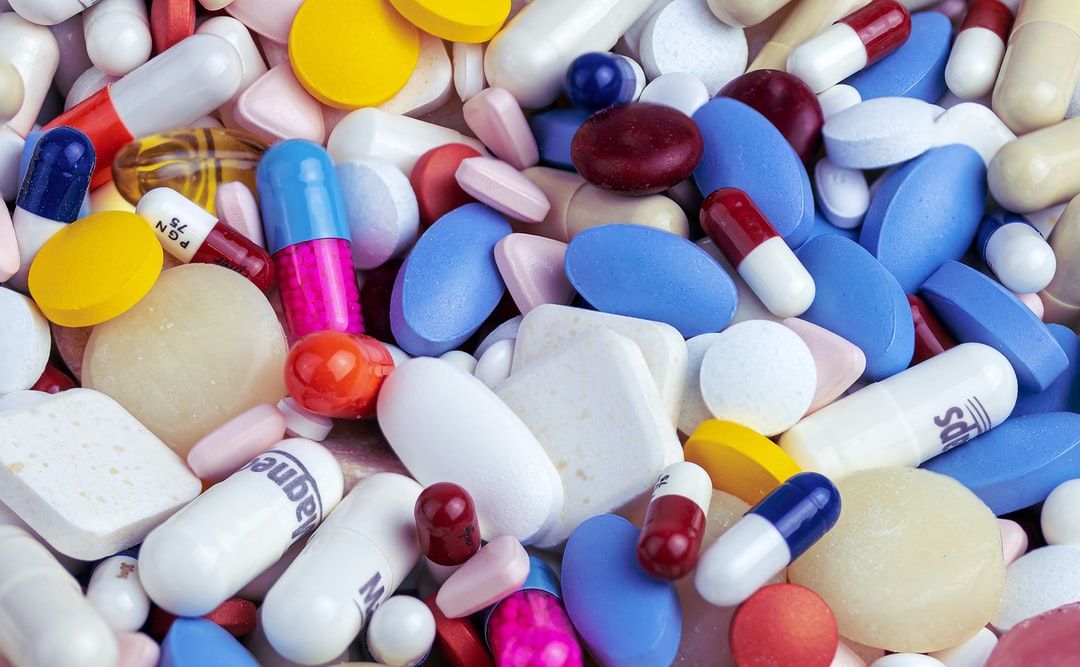
Zinc 101: What Happens if Your Body Lacks Zinc?

Zinc , as a metal is used to galvanize steel. To help steel become stronger and prevent it from corrosion.
Similarly, in your body too, there is zinc. Zinc is an essential element present in almost every cell of your body, responsible for galvanizing your immune system.
Not only that, it even helps you heal your wounds.
So, what happens if your body lacks zinc?
This article shall tell you:
What happens to your body if you lack zinc?
What causes zinc deficiency?
Which foods help you get zinc?
1. What happens if your body lacks zinc?
Zinc is absorbed in the duodenum of your small intestine and is then stored in the liver.
Due to any disorder, if your body becomes deficient in zinc, your following functions can be impaired:
A. Hair loss and Poor Immunity
Zinc is vital for the formation of a growth factor called Insulin-like growth factor-1 or IGF-1, which is important for rapidly growing cells like skin, hair follicles or cells of your immune system.
So, in case you lack zinc, one of the most common effect is hair loss, especially around your face, axilla and pubic region.
Due to inadequate development of immune cells, you might even suffer from reoccurring infections. This is why zinc deficiency leads to a weakened immune system.
B. Impaired wound healing
Since zinc plays a key role in wound healing , deficiency in zinc might lead to slower wound healing.
So, in case you have a lot of open sores on the skin, you might want to check for zinc deficiency.
Usually, this is also accompanied by decreased sense of smell and taste.
C. Brain Fog and Poor metabolism
Zinc is a mineral , which plays a key role in the activity of more than 300 enzymes with functions ranging from digestion to nerve functions.
Lack of adequate zinc can result in poor enzymatic reactions. Enzymes are the biological catalysts of our body, and every body function is more or less the result of enzymatic reactions.
People , who have deficiency suffer from simple issues like diarrhea to dangerous ones like brain fog.
D. Hypogonadism in Males
Hypogonadism , that is diminished function of the testes. Severe and moderate deficiency of zinc has been related to low testosterone levels in males.
So, beware boys! Zinc is important even for your reproductive health! It is vital for both your health as well as maintaining healthy levels of testosterone levels!
2. What causes Zinc deficiency?
Zinc deficiency might be caused due to a number of factors. Some of most common causes are:
A. Pregnancy- Induced
Growing babies require zinc, which they can get only from their mother. So, during pregnancy ,it is common that mothers lack zinc and iron, two vital minerals.
This, however, is not due to any disease but due to increased uptake from the child.
B. Intestinal Conditions
Intestine , specifically, the duodenum of the small intestine, is where zinc is absorbed.
So, an injury or malfunction of the duodenum might lead to zinc deficiency.
Two common intestinal conditions that cause zinc deficiency are :
Crohn's disease : an inflammatory bowel disease
Acrodermatitis enteropathica : a genetic mutational disease.
C. Alcoholic liver cirrhosis
Since liver plays a key role in the storage and functioning of zinc, liver diseases caused due to alcoholism can also cause zinc deficiency.
D. Autoimmune disorders like celiac disease also cause zinc deficiency.
E. Lack of proper intake
Lack of proper intake is the most common cause of zinc deficiency.
If your daily intake is less that the required amount for a recurrent period, it is highly possible that you might suffer from zinc deficiency.
Vegan and vegetarians are also vulnerable to suffer from zinc deficiencies. Look into the major sources of zinc to find out why.
3. Which foods help you get Zinc?
The major sources of zinc are :
Meat
Poultry
Fish
Eggs
Dairy products
Now, you know why vegans and vegetarians are at increased risk?
Some other non- poultry sources of zinc include:
Mushrooms and Peas
Oats and Brown Rice
Summary:
Zinc is the galvanizing mineral of our body. Adequate uptake of zinc is not only vital for wound healing and metabolism , but it also plays a role in your reproductive and mental health.
A balanced diet is irreplaceable, but in case you have special conditions like pregnancy or your are a vegan, zinc supplements can also be a good option.
While a wound taking few more days to heal might not be so dangerous, but if a host of symptoms match, it is highly recommended that you take a professional medical guidance.
Resources:
https://pubmed.ncbi.nlm.nih.gov/8875519/
https://www.ncbi.nlm.nih.gov/books/NBK493231/
Appreciate the creator